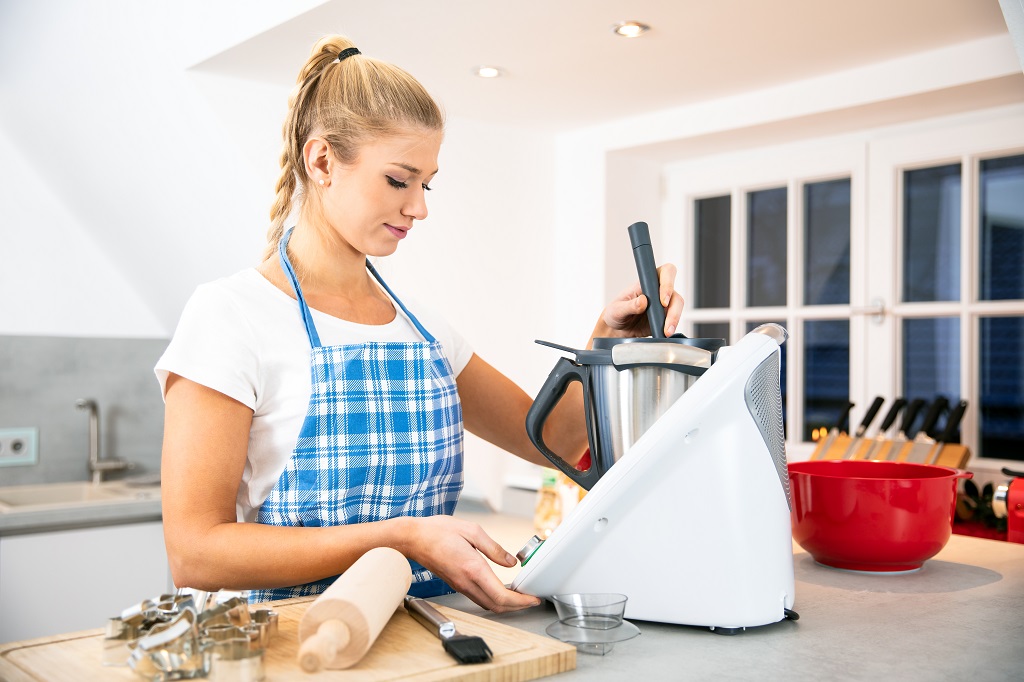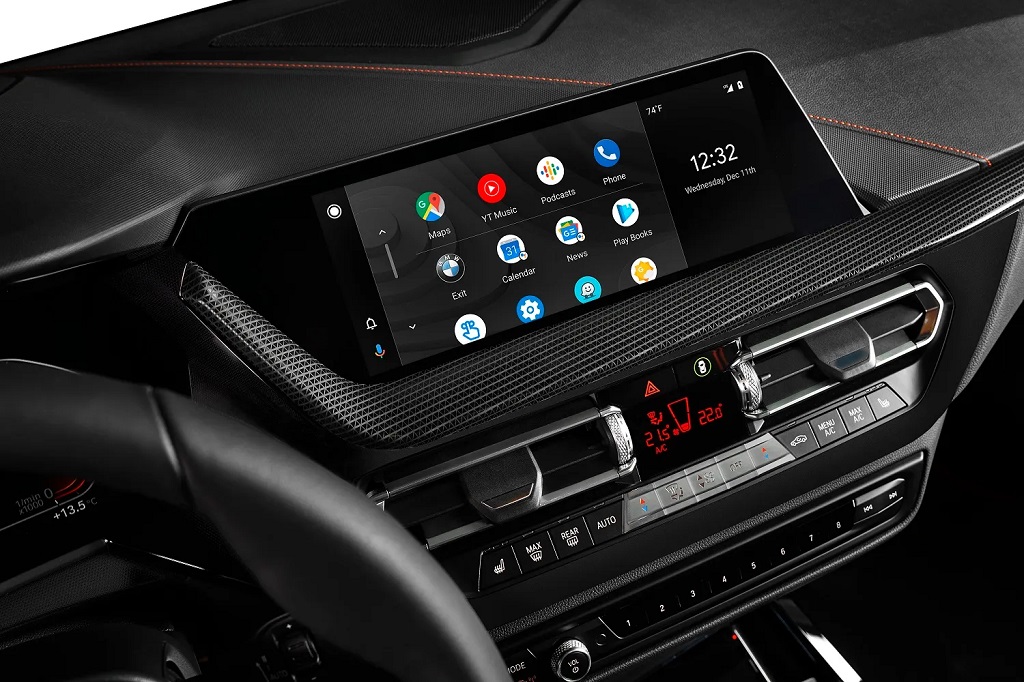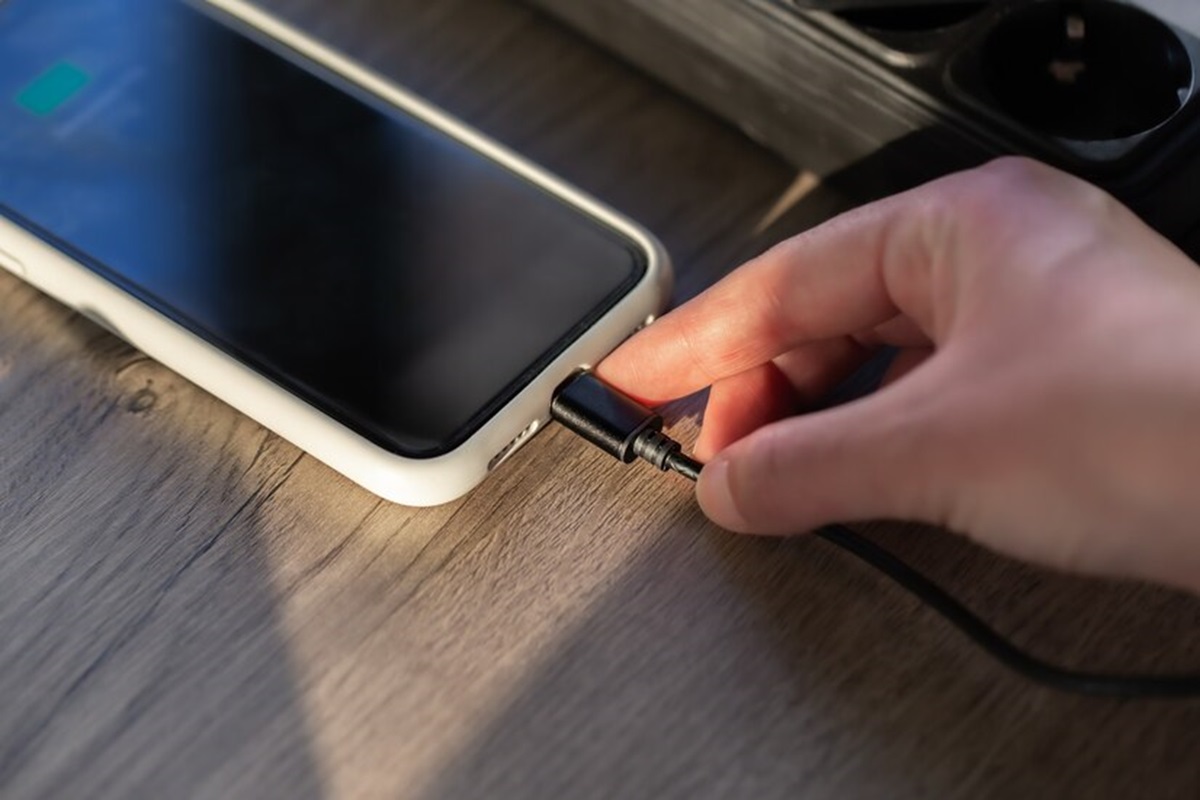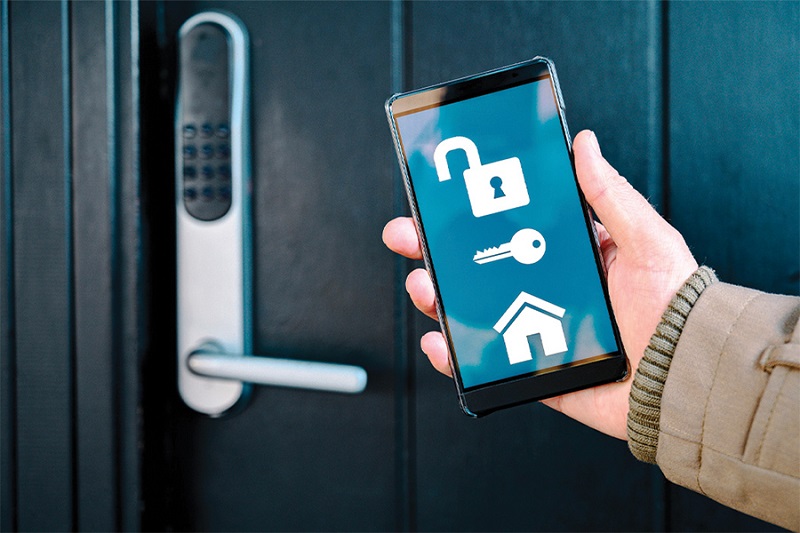How Safe Are Smart Locks? Unveiling the Truth
Hey there, curious minds! Today, we’re diving headfirst into the world of smart locks. You’ve probably heard about these nifty gadgets that promise to make your life easier and more secure. But how safe are they, really? Are they a game-changer or just another tech gimmick? Let’s explore together, shall we?
Unlocking the Mystery of Smart Locks
First things first, what are smart locks? Imagine a regular lock got a high-tech makeover. Instead of fumbling for keys or spinning a combination dial, you can control these locks with your smartphone, a keypad, or even your voice. Sounds pretty futuristic, right?
Smart locks come in all shapes and sizes, but they share a common goal: making your life more convenient. Picture this: you’re juggling groceries, your phone, and maybe a restless pet. With a smart lock, a simple tap on your phone can open your door without the need for keys.
Safety First – But How Safe Are They, Really?
Alright, let’s get down to the nitty-gritty. You might be wondering, “Are smart locks safe? Can they really keep my home secure?” It’s a valid concern, and we’re here to help you unravel the truth.
1. The Cybersecurity Conundrum
One of the biggest concerns people have about smart locks is cybersecurity. We’ve all seen those Hollywood movies where hackers easily crack into high-tech systems. But is it that simple in real life?
In the realm of cybersecurity, nothing is foolproof. However, reputable smart lock manufacturers invest heavily in security features. They use encryption protocols that are like armor for your digital keys. Think of it as a virtual moat around your castle. But here’s the kicker: just like any castle, the strength of your moat depends on how well you maintain it.
Tips for a Secure Smart Lock
- Regular Updates: Just like your smartphone or computer, smart locks need software updates. These updates often contain crucial security patches. Stay on top of them to keep your lock safe.
- Strong Passwords: Avoid using obvious passwords like “1234” or “password.” Create unique and complex passwords to safeguard your lock.
- Two-Factor Authentication: If your smart lock supports it, enable two-factor authentication. It adds an extra layer of security by requiring a second verification step, like a fingerprint scan.
2. Physical Vulnerabilities
While smart locks shine in the digital world, they still exist in the physical one. That means they have to face real-world threats like lock picking, bumping, or even brute force attacks.
The good news is that smart lock manufacturers are well aware of these threats. They often combine traditional locking mechanisms with their high-tech wizardry. It’s like having a superhero with both brains and brawn guarding your door.
3. Lost in Translation
Another question that might be bugging you is, “What if my phone dies or gets stolen? Can I still get into my house?” Fear not, because smart locks have got you covered.
Most smart locks offer backup options like physical keys or keypad entry. It’s like having a spare key hidden under the doormat, but way more secure. So even if your phone decides to play hide and seek, you’re not locked out of your own home.
4. Power Play
Now, let’s talk about the power play. Smart locks need electricity to function. You might be thinking, “What if the power goes out? Does that mean I’m stuck outside?” Not quite.
Many smart locks have built-in backup power options, like batteries or solar panels. They’ve got their own Plan B in case Mother Nature decides to throw a curveball. So, you can rest easy knowing your lock won’t leave you hanging when the lights go out.
5. Compatibility Matters
Here’s a nugget of wisdom: not all smart locks are created equal. Some work seamlessly with your existing door, while others might require a bit of DIY magic. It’s like trying to fit a square peg into a round hole – not ideal.
Before you dive into the world of smart locks, make sure to check if the lock you’re eyeing is compatible with your door. It’s a bit like dating – compatibility is key to a long-lasting relationship.
FAQs (Frequently Asked Questions)
Now that we’ve shed some light on the safety of smart locks, let’s tackle some burning questions that might still be lingering in your mind:
- Can smart locks be hacked easily?
Smart locks are designed with robust cybersecurity measures, making them challenging targets for hackers. However, like any technology, they’re not completely immune. Regularly updating your lock’s firmware and using strong passwords are essential to minimize the risk of hacking.
- What if the battery dies while I’m away from home?
Most smart locks offer backup power options like batteries. Additionally, you can often check the lock’s battery status through a mobile app, ensuring you’re aware of when it needs replacement.
- Are smart locks compatible with all types of doors?
No, not all smart locks are compatible with every type of door. It’s essential to check the compatibility of the smart lock you’re interested in with your specific door before purchasing.
- Can I still use physical keys with a smart lock?
Yes, many smart locks come with physical key options or keypad entry as backups. This ensures you have alternative access methods in case of emergencies.
- Are smart locks worth the investment?
The value of a smart lock depends on your lifestyle and security needs. If you appreciate the convenience of keyless entry, remote access, and enhanced security features, a smart lock can be a worthwhile investment.
In conclusion
Smart locks can indeed enhance your home security and convenience, but like any technology, their effectiveness relies on proper use and maintenance. With the right precautions, they can provide an added layer of protection to your home, making life a tad easier and safer. So, if you’ve been on the fence about diving into the world of smart locks, go ahead and take the plunge – your castle will thank you.












